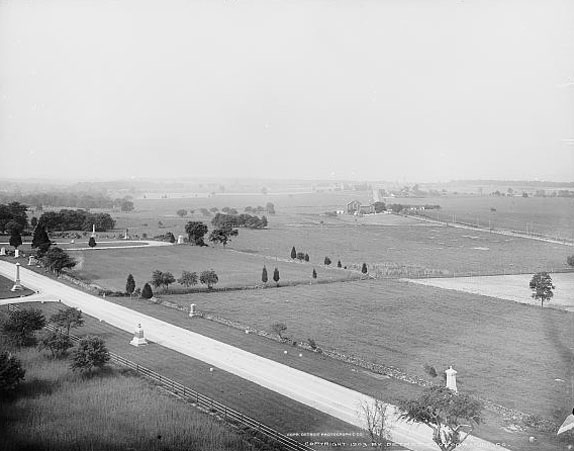 | ||||
| General James A. Garfield |
DUNLAP, August 27, 1863-8.30 [a. m.]
Brigadier-General GARFIELD,
Chief of Staff:
I have nothing from you yesterday or this morning. Van Cleve has sent couriers to communicate with Burnside. Funkhouser met 30 of the enemy at Harrison's Landing, this side of the river, killed 3, and captured 2. They state Chattanooga Rebel of yesterday reports the fall of Charleston, and the defeat of Lee by Meade; also that the enemy are all moving toward Atlanta. Hazen also learns that Burnside's advance reached Kingston Tuesday, and after a short engagement thrashed Forrest. I send list of prisoners by mail from Tracy City; also Hazen's report in cipher as to the feasibility of crossing the Tennessee.
CRITTENDEN,
Major-General.
Official Records, Series I., Vol. 30, Part 3, Page 187.
Garfield was Rosecrans' chief of staff and would go on to become President of the United States. He was credited with creating a highly effective field intelligence organization and would have valued reports such as this. However, in this case every single bit of information from the Chattanooga newspaper was erroneous. Fort Sumter in Charleston was under bombardment by the Union fleet but had not fallen, Lee and Meade had not been in combat since Gettysburg, Bragg's army was seeking an opportunity to strike Rosecrans, not retreating on Atlanta, and Forrest had not fought Burnside, much less been defeated by him. Such were the dangers of relying on newspaper reports, although often there was valuable intelligence in them (much to the chagrin on commanders on both sides who had much to fear from newspapers giving overly accurate estimates of their strength). What Crittenden did not know when he was writing this message was Garfield was actively campaigning for his removal and would succeed in it.




.jpg)
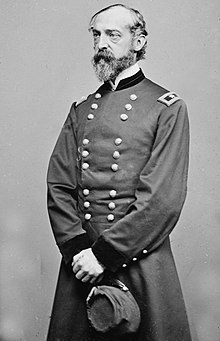

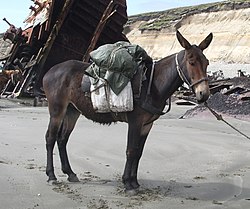



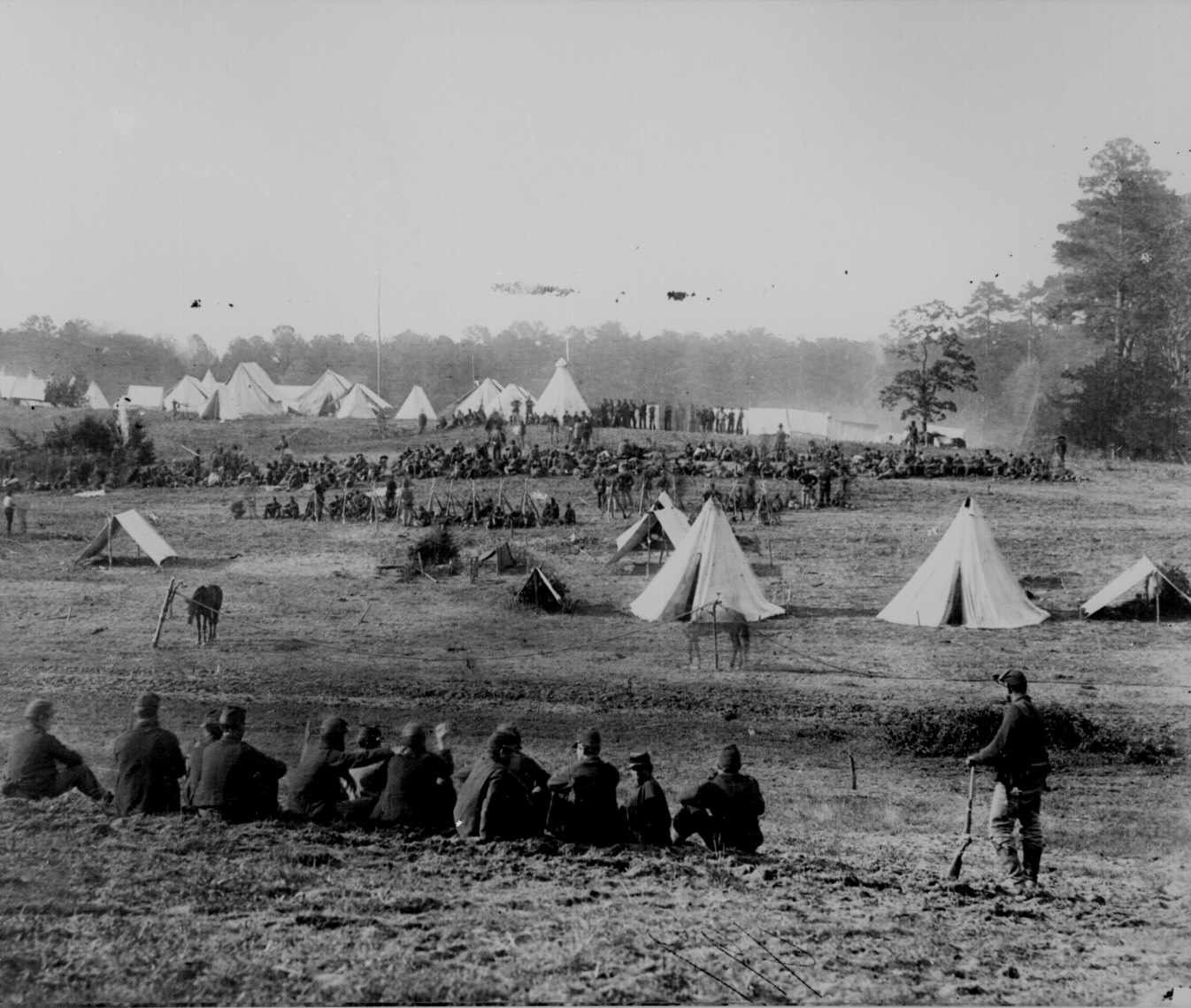
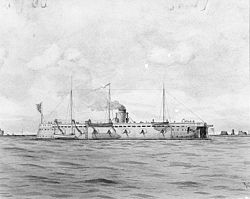

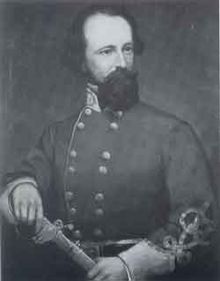
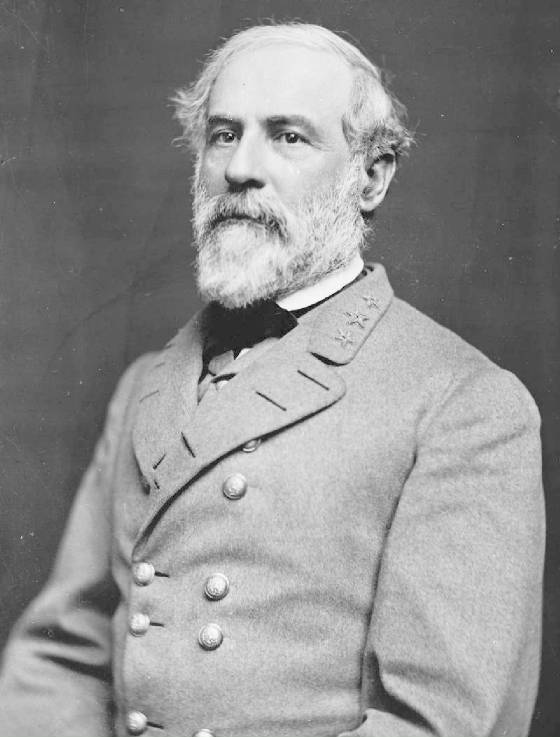


.jpg/220px-Samuel_Cooper_(g%C3%A9n%C3%A9ral).jpg)
